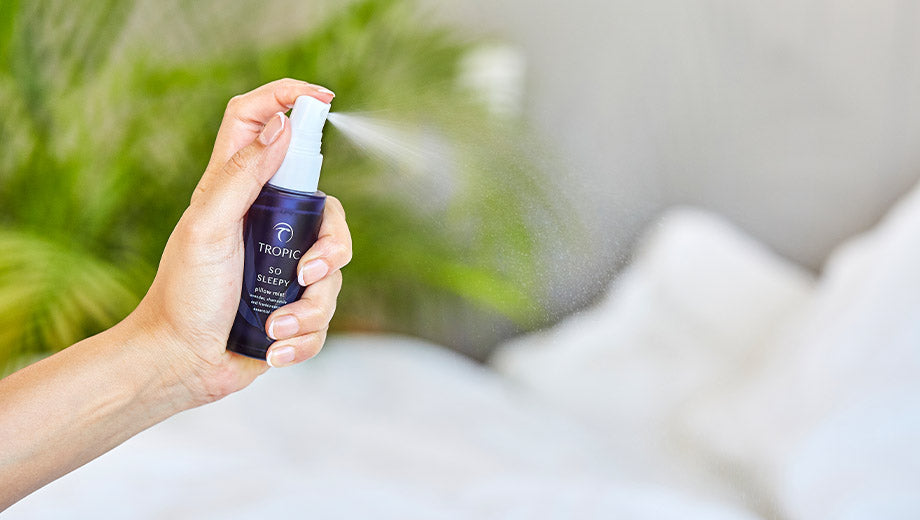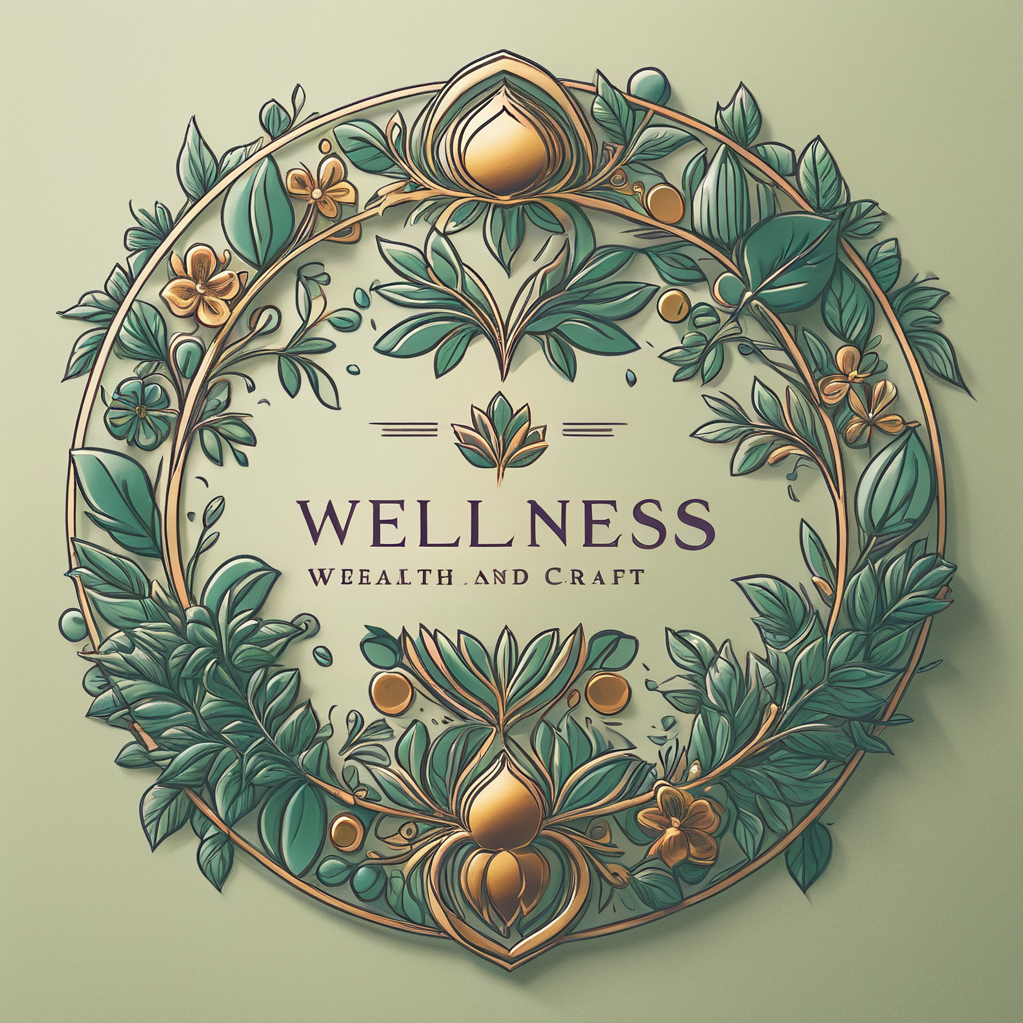Oh for a good night’s sleep! How frustrating it is to lie awake night after night and crawl out of bed in the morning feeling tired and miserable. But there’s one aspect of sleep we can all do something about – our sleep hygiene. (By the way, this is nothing to nothing to do with clean sheets!)
We know from health” href=”https://www.ncbi.nlm.nih.gov/pmc/articles/PMC10105495/”>research that poor sleep hygiene is linked to poor sleep quality – insomnia, sleep deprivation. This also increases the risk of anxiety and depression, poor productivity at work, slow reaction times and an increased risk of road traffic accidents.
Getting 7-hours of good quality sleep per night is mandatory for good health. In the long-term, sleep deprivation significantly increases the risk of high blood pressure and heart disease and can reduce life expectancy by 1-3 years.
Sleep hygiene – the bad and the good
Sleep hygiene is the term we use for all the modifiable factors in our sleep routine. These are all things we can do something about.
Bad sleep hygiene includes the following –
- Drinking caffeine or alcohol within 6 hours of bedtime
- Napping during the day
- Not having a set bedtime and wake-up time
- Not winding down before bedtime, and
- Having a poor sleep environment.
Good sleep hygiene can be achieved by following these simple tips –
- Establish a regular bedtime routine –going off to bed and waking up in the morning, at the same time every day.
- Ensure your bedroom is dark, quiet and cool. Use blackout blinds or an eye mask.
- Switch off blue light devices (smartphones, computers, iPads and TVs,) two hours before sleep. Blue light emitted from these devices prevents the release of the sleep hormone, melatonin.
- Wind down for sleep. This could include taking a warm bath or shower before bedtime. After doing this, your body goes into cool-down mode. A fall in core temperature is what your brain and body need for the onset of sleep.
- The use of complementary therapies such as lavender essential oil and magnesium can improve many aspects of sleep. Read on and find out more below.
Lavender essential oil and sleep
Lavender essential oil contains the active ingredients, linalool and linalyl acetate. These activate the Gaba-aminobutyric acid (GABA) pathway – the body’s main inhibitory pathway – leading to feelings of calmness and relaxation which facilitate the onset of sleep.
- In a 2015 randomised controlled trial, 79 students with sleep difficulties were asked to practise good sleep hygiene. They were then randomly assigned to apply either a lavender (L. angustifolia) skin patch, to inhale lavender overnight, or a placebo (dummy) patch, for 5 nights. The lavender group showed a highly statistically improvement in sleep quality. Both groups improved their sleep after improving their sleep hygiene.
Lavender essential oil can easily be sprayed on the pillow and inhaled at night. Overall, lavender products are safe, although allergic reactions can rarely occur.
Magnesium and sleep
Magnesium seems to have many effects that can improve sleep. Recent research demonstrated that magnesium lowers levels of the stress hormone, cortisol. High levels of cortisol occur during stress and are linked to insomnia. Magnesium can also raise the levels of melatonin, which is required for sleep. It activates the GABA system helping us relax. It is also a muscle relaxant, which is important because muscle relaxation is a feature of sleep. Magnesium is needed for us to pass into deep sleep.
Researchers have found that magnesium supplements improve sleep efficiency (the time in bed when you are actually asleep) and sleep onset latency (the time taken to fall asleep.)
- In a recent health” href=”https://pubmed.ncbi.nlm.nih.gov/35184264/”>2023 systematic review, the authors reviewed 9 studies involving 7,582 participants. They reported that magnesium supplements can affect sleep quality, for example, reducing the tendency to fall asleep in the daytime, daytime sleepiness, snoring and the duration of sleep. However randomised controlled trials (which are the gold standard) on the use of magnesium to improve sleep quality, had contradictory findings and more research was recommended.
Although taking magnesium supplements is safe, the NHS recommends that men take no more than 300 mg/day and women take no more than 270 mg/day.
Effects of the perimenopause/menopause on sleep
Interestingly, lavender can have benefits for women suffering from menopausal symptoms.
Insomnia is common in the perimenopause and postmenopausal period. At this time, the precipitous fall in oestrogen levels affects the body’s thermoregulation mechanisms leading to troublesome hot flushes and night sweats. Mood swings are common and can be a feature of anxiety and depression, both of which are linked to poor sleep. Weight gain around the time of menopause can cause obstructive sleep apnoea with noisy, disordered breathing and snoring at night. Circadian rhythms can shift which affects the usual sleep-wake cycle. All in all, insomnia, sleep deprivation, fatigue and exhaustion are common in peri and postmenopausal women.
Complementary therapies such as lavender can have benefits for women suffering from menopausal symptoms. Natural methods of symptom control have much to commend them. Evidence is now accumulating that shows that the use of lavender at menopause is safe and effective.
- In a 2016 randomised, placebo-controlled crossover study, 100 perimenopausal women with hot flushes underwent aromatherapy with lavender for 20 minutes, twice a week for 12 weeks, or they inhaled milk. After 12 weeks, there was a statistically significant reduction in the number of hot flushes per day (from 21 to 11) in the lavender group.
- In a 2021 double-blind randomised controlled trial, 35 postmenopausal women with insomnia inhaled either sunflower oil or lavender essential oil (Lavandula angustifolia essential oil), for 29 days. Both groups showed sleep improvements throughout the study, but only the lavender oil group showed a significant reduction in sleep onset latency (time taken to get off to sleep), improved depression, improved menopausal symptoms and better sleep efficiency.
Final thoughts
How could you improve your own sleep hygiene?
Complementary therapies are growing in popularity for insomnia. Doctors are turning away from conventional medicines which were traditionally used for sleep. Benzodiazepines, for example, are now known to be addictive, cause falls in the elderly and should not be prescribed for any length of time.
Getting a good night’s sleep is crucial for our health and to keeping up at work, and with our relationships and everyday life. Improving sleep hygiene is a practical step we can all take to make our lives so much better. Using natural remedies such as lavender and magnesium are excellent options for all those of us who can’t seem to get into bed and get a good night’s sleep.
What could you do to get started and help yourself have a better night’s sleep?


